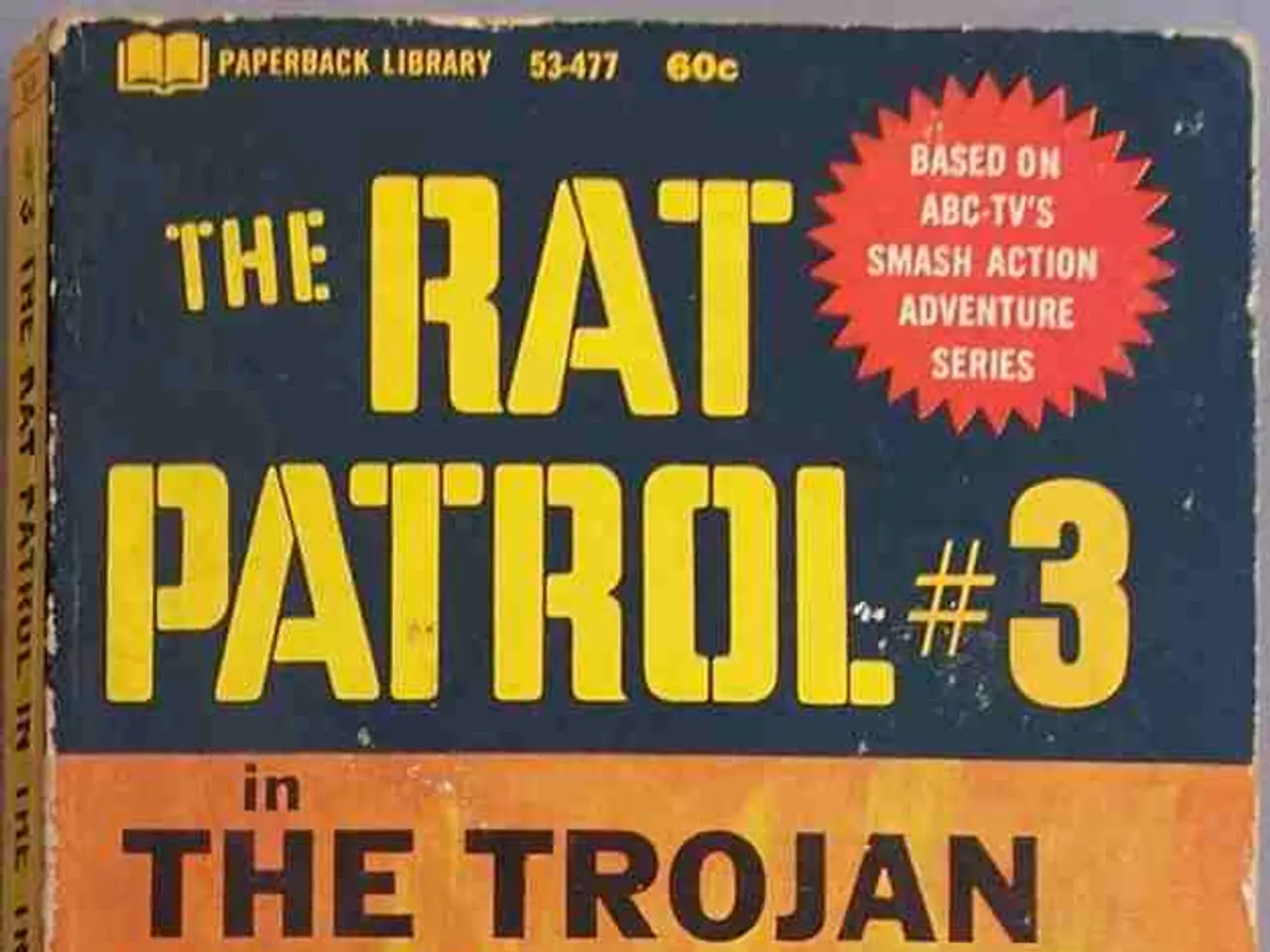In the Baykal Region, a military personnel faces a imprisonment duration of 3 years
Russian Soldier Convicted of Desertion: Vitaly Mikhailov's Case
A Russian serviceman, Vitaly Mikhailov, has been convicted for deserting his unit. The sentence, handed down by the Buryatia Garrison Military Court, carries a term of 3 years in a general-regime colony.
According to reports, Mikhailov was absent for nearly a month without valid reasons. His absence violated military discipline, and the conviction was in the case of deserting his unit. The date of his absence ending is November 29, 2024.
The news of the conviction was reported in the Telegram channel of the Second Eastern Military Court, although the exact date of the conviction is not specified. The sentence has not yet taken legal effect and can be appealed.
Desertion in the Russian military, particularly during the ongoing conflict, is a complex issue. Common reasons include exhaustion from combat without rotation, poor treatment and brutal punishments, inadequate medical care after injuries, fear or trauma from combat experience, insufficient equipment and ammunition, low pay, and concealment of battlefield deaths from families.
Reports indicate a large scale of desertions, with estimates suggesting tens of thousands of deserters since the war’s full escalation in 2022—possibly around 60,000 or nearly 10% of Russia’s deployed forces. Consequences for desertion are severe, including criminal prosecution with prison sentences ranging from 5 to 15 years, sending deserters directly to frontline assaults without fair legal process, and recruitment attempts to re-sign deserters into service while imprisoned.
The Russian government has also been accused of systematically labeling missing soldiers as deserters to hide casualty figures and avoid compensation to families, further complicating accountability and obscuring the true scale of desertion and loss.
Mikhailov's case, along with others like it, fits within this broader context of widespread dissatisfaction and hardship among Russian troops. The consequences of desertion, both legal and extralegal, aim to deter it but also potentially exacerbate morale issues and soldier welfare.
The conviction of Vitaly Mikhailov underscores the pervasive issue of desertion in war-and-conflicts, specifically in the Russian military, which is often rooted in politics, poor treatment, and general-news issues such as low pay, inadequate medical care, and fear of combat. Reports suggest that Mikhailov's case is a part of a larger scale of desertions, with crime-and-justice consequences ranging from prison sentences to forced return to the frontlines.







